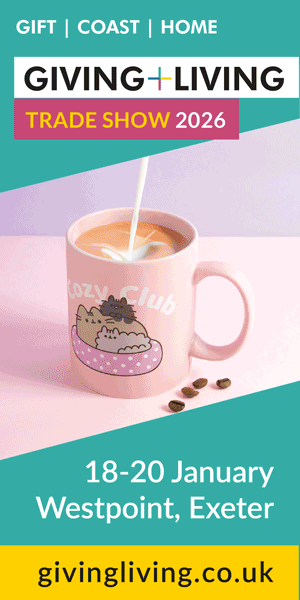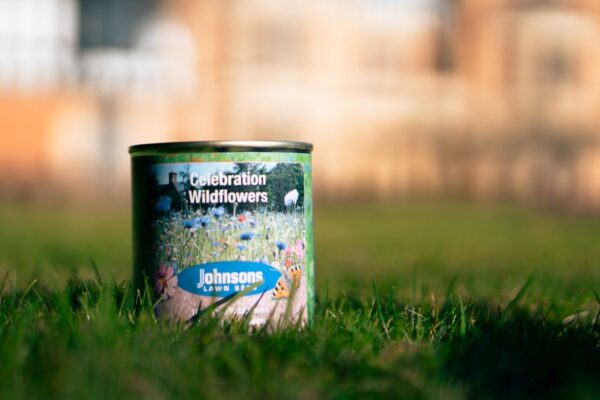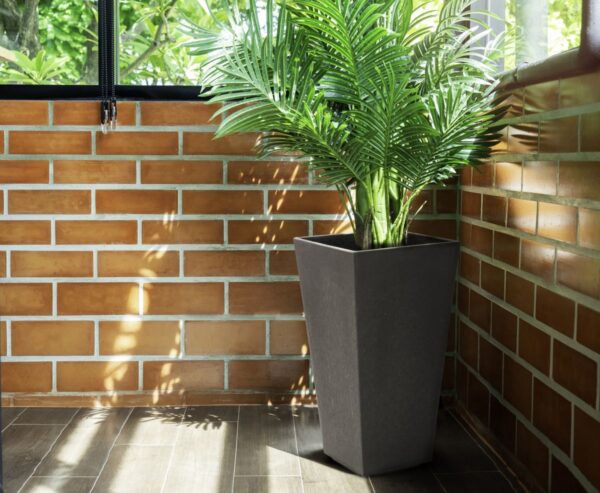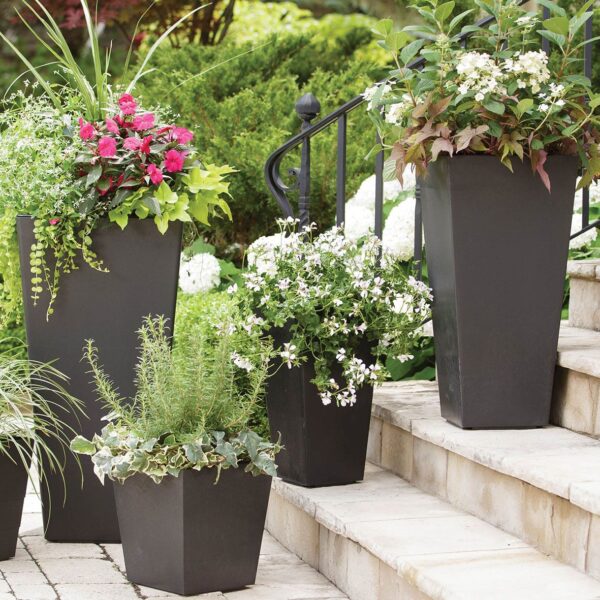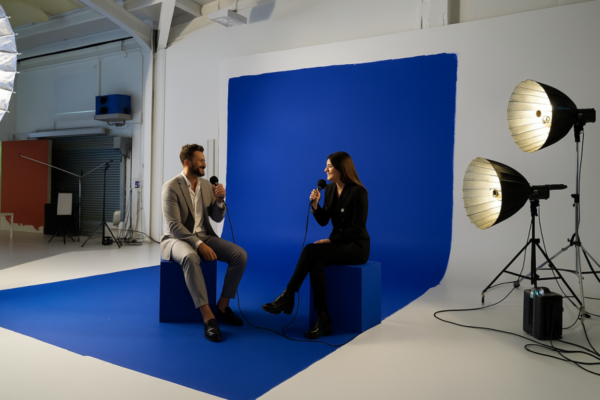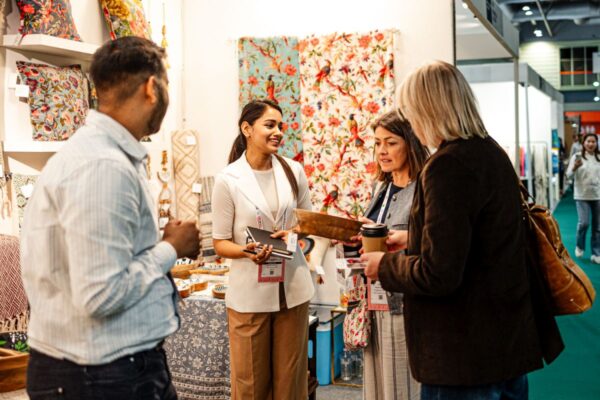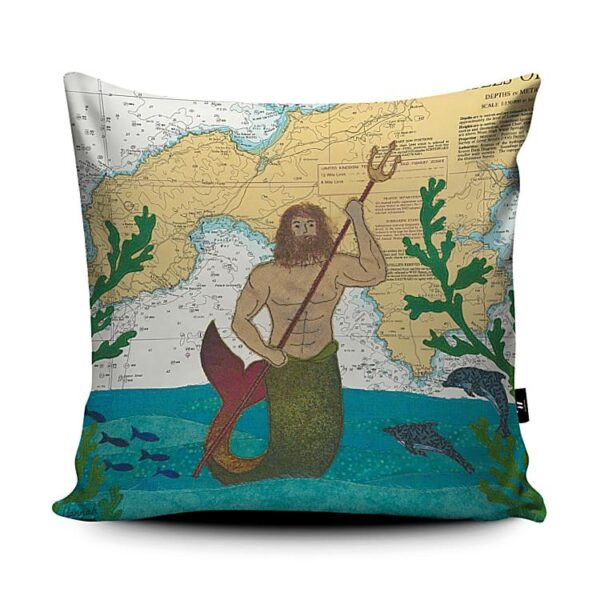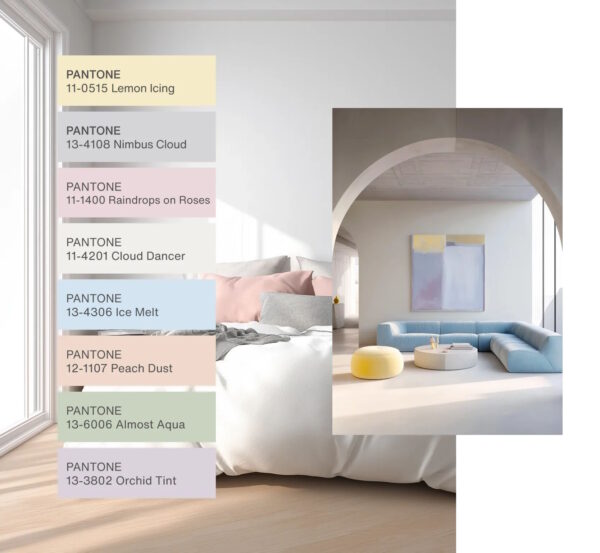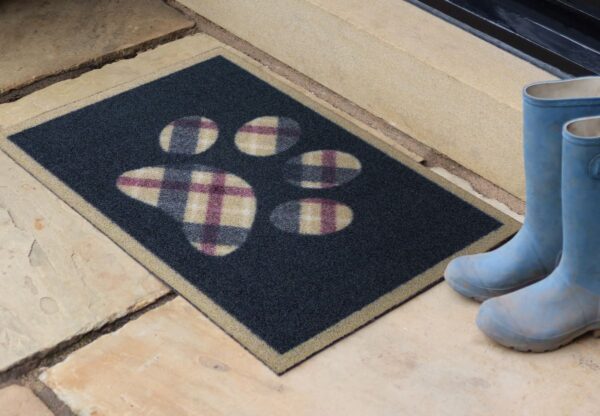New research* with UK consumers looking at the recyclability of the packaging of fashion items such as clothes, sunglasses and accessories bought online or by mail order, shows that 67% will try and buy more products that do not use single-use plastic packaging. Furthermore, over half (54%) said that they will try and stop buying products which use single-use plastic packaging completely over the next three years.
The study was conducted by Aquapak, an innovative polymer (plastics) producer which enables multi-functional materials to be produced that are environmentally-friendly and meet the needs of the circular economy. The research also revealed that the majority (72%) are not aware that there is alternative packaging available which protects fashion items in transit, such as garment bags, which can be dissolved in warm water or in the dishwasher or even composted.
When it comes to the environmental harm caused by plastic, 58% of consumers said that it is plastic breaking down to microplastics in the ocean and harming wildlife which concerned them most. This was followed by plastics going to landfill (24%) and being incinerated and causing more pollution (12%).
Mark Lapping, Chief Executive Officer, Aquapak, comments: “There’s no doubt that consumers are ready for change when it comes to cutting down the amount of single-use plastic packaging used by the fashion industry. They are very aware of the harm it causes thanks to high-profile environmental campaigns. There are already much better packaging options available which provide all of the functionality and product protection, without causing long-lasting damage to our planet.”
Aquapak has developed HydropolTM, which enables packaging to be produced which is far better than the single-use plastic products. It is biodigestible, non-toxic, dissolves in water and is marine safe. However, because it subsequently biodegrades safely or can be recycled/recovered, and yet still provides the much-needed functionality required to ensure products reach consumers in perfect condition, it provides an excellent material for the armoury of packaging designers and producers. Fashion brands such as Finisterre have already committed to adding to their sustainable packaging with a new innovative paper mailing bag concept, which combines enhanced end-user functionality with recyclability through its use of Hydropol.
To find out more about the study and use of packaging in the fashion industry, visit https://www.aquapakpolymers.com/reality-of-fashion/
HydropolTM – all the benefits of plastic packaging but without the problems with recycling
Aquapak has developed a novel enabling technology that is biodegradable, non-toxic and water-soluble polymer called HydropolTM which is three times stronger than alternatives and is designed to be used in existing thermo-processing equipment, giving it a wider range of applications. In combinations with paper, HydropolTM enables up to 100% paper/board recovery whatever the percentage packaging makeup.
The base polymer is currently used for dishwasher tablets, ingestible pill casings and soluble stitches. HydropolTM ‘s resistance to low temperature solubility, high barrier to oils, fats, greases, solvents and gases, and film strength significantly widens the range of uses. It can be recycled, re-pulped, composted and is unusually compatible with anaerobic digestion. Furthermore, if unintentionally released into the natural environment, HydropolTM – which is non-toxic and marine safe – will dissolve and subsequently biodegrade, leaving no trace.
Blown film products commercially available and made from HydropolTM include garment bags, ESD bags, organic waste disposal bags and laundry bags for infection control. Its solubility makes it easy to separate from other materials, simplifying the confusing recycling options that exist for different packaging.
Extrusion coatings and laminates for paper/board applications are at customer production and trial stages, including a number of home delivery and ecommerce applications, packaging for dried pet food, snacks, cooked meat and convenience food applications.
Other applications under development with customers and development partners include injection moulded parts such as golf tees, non-woven fibre for applications such as wet wipes and cellulose combinations for thermoformed trays.





